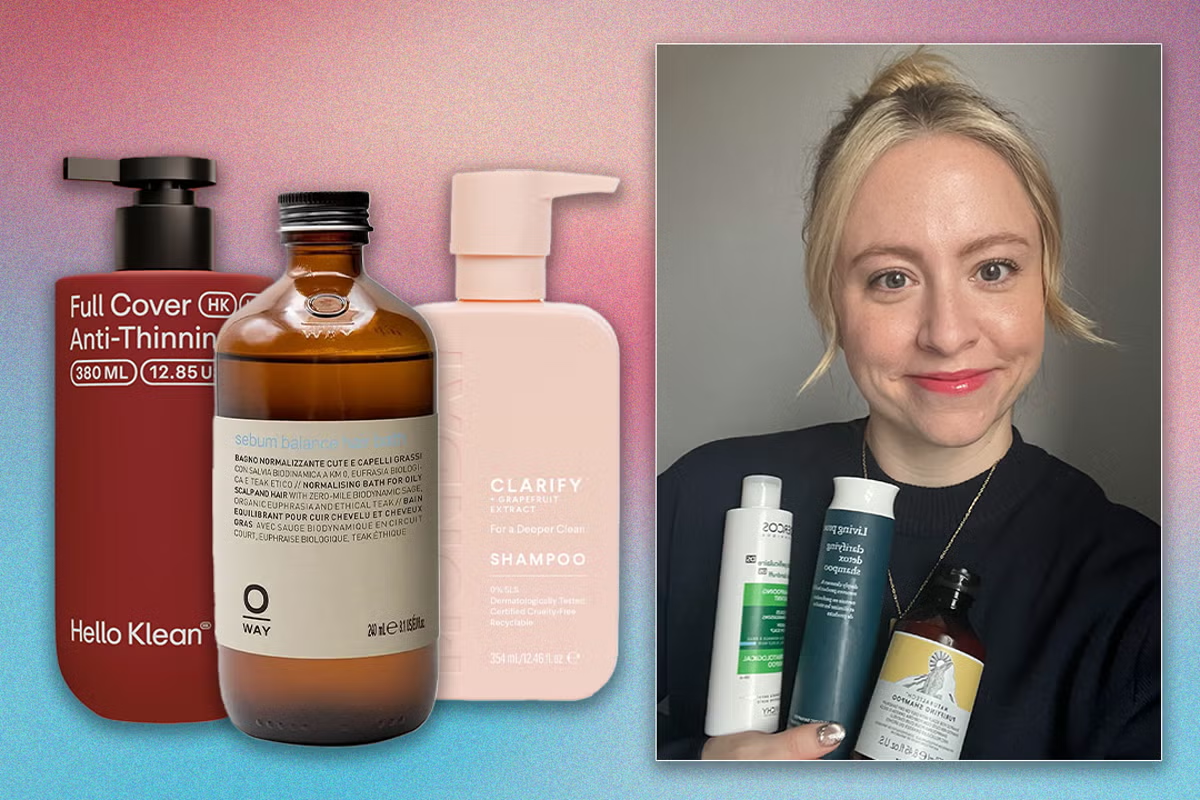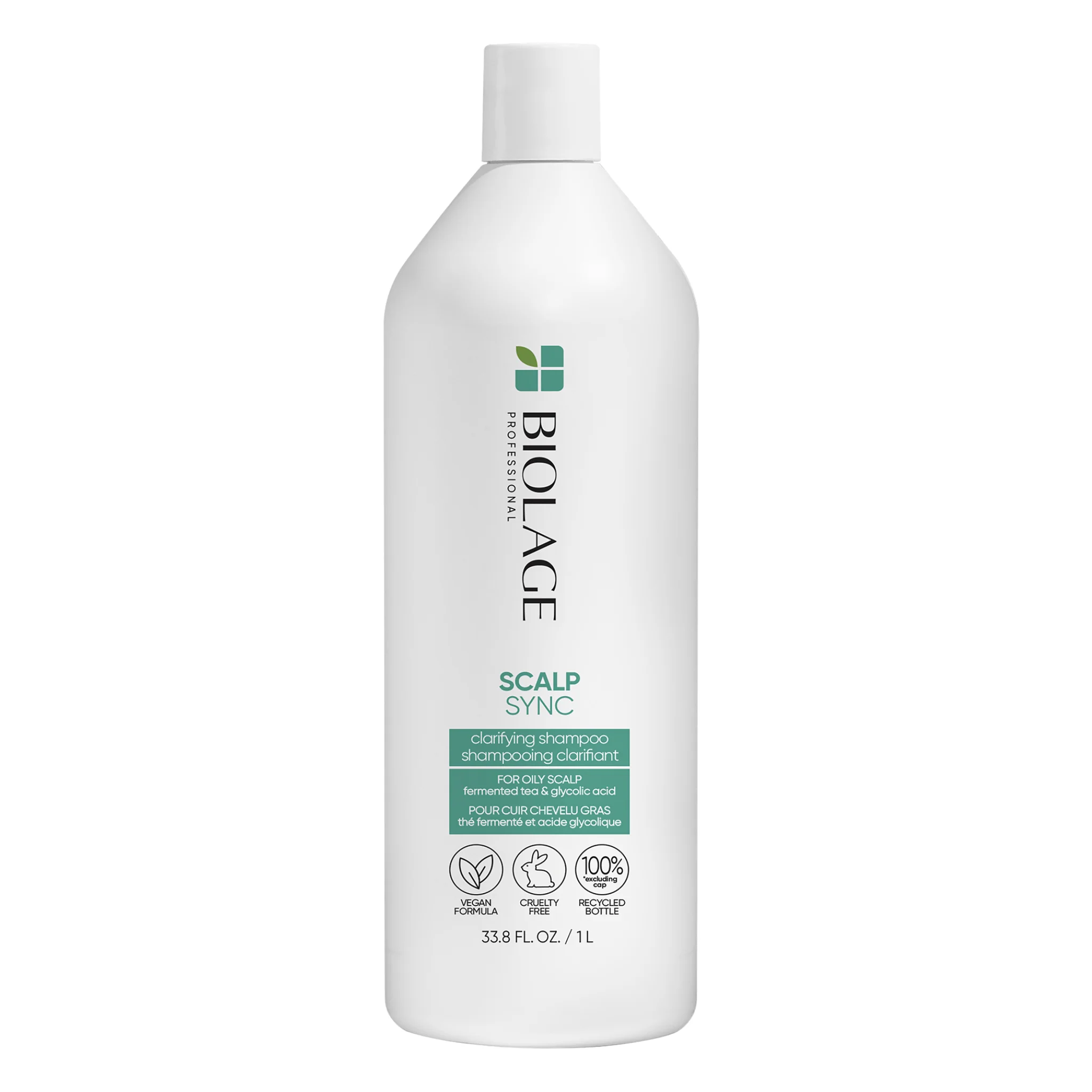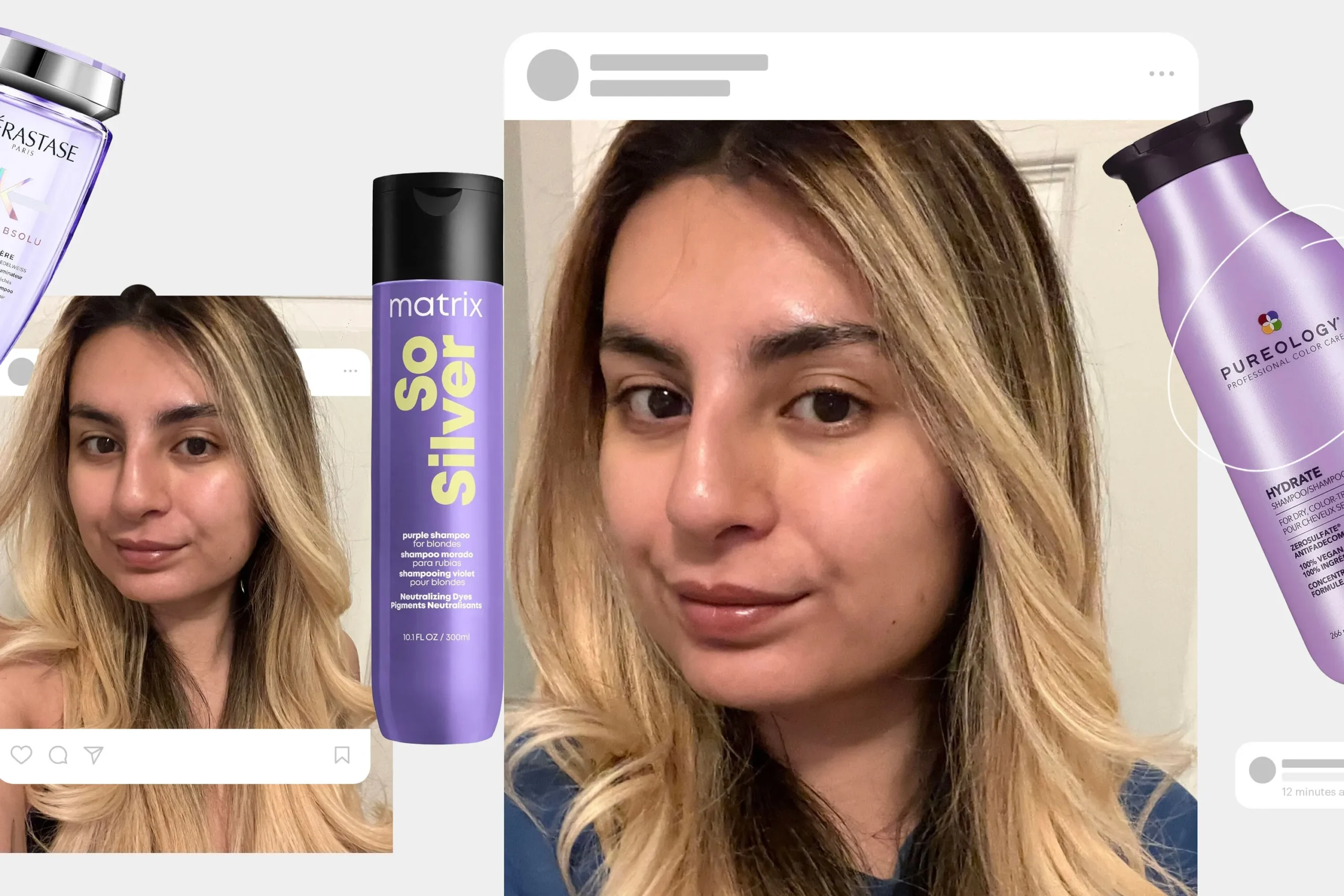Dealing with oily hair can be frustrating. No matter how often you wash it, the grease seems to come back within hours, leaving your hair flat, lifeless, and sticky. The right shampoo for oily hair can make all the difference, helping to balance oil production without stripping your scalp of its natural moisture.
In this guide, we’ll explore why oily hair happens, what ingredients to look for, the best shampoos available, and some expert tips to keep your locks fresh and healthy.
Why Does Hair Get Oily?
Oily hair is usually caused by an overactive sebaceous gland in the scalp. This gland produces sebum, a natural oil that keeps your scalp and hair hydrated. However, when too much sebum is produced, it can:
-
Weigh hair down
-
Make it look greasy
-
Attract dirt and pollution
-
Cause scalp buildup
Common triggers for oily hair include genetics, hormonal changes, stress, over-washing, and using the wrong hair care products.
Key Ingredients to Look for in Shampoo for Oily Hair
When shopping for the best shampoo for oily hair, focus on ingredients that cleanse effectively while maintaining scalp health.
| Ingredient | Benefit | Why It Works for Oily Hair |
|---|---|---|
| Salicylic Acid | Exfoliates scalp | Removes excess oil and buildup |
| Tea Tree Oil | Antibacterial & antifungal | Balances scalp and reduces greasiness |
| Clay (Kaolin/Bentonite) | Absorbs oil | Provides deep cleansing |
| Charcoal | Detoxifies scalp | Draws out impurities |
| Citrus Extracts (Lemon, Orange) | Clarifying | Cuts through grease and refreshes scalp |
| Aloe Vera | Soothes scalp | Hydrates without adding oil |
Avoid shampoos with heavy silicones, thick conditioning agents, or overly moisturizing oils, as they can make hair feel greasy faster.
Best Types of Shampoo for Oily Hair
1. Clarifying Shampoo
-
Deep cleanses scalp and removes buildup
-
Use 1–2 times a week to avoid dryness
2. Volumizing Shampoo
-
Lightweight formulas that lift roots
-
Prevents flat, limp hair often caused by oil
3. Balancing Shampoo
-
Controls oil while maintaining scalp hydration
-
Suitable for daily or frequent washing
4. Herbal or Natural Shampoo
-
Uses plant-based ingredients like rosemary, peppermint, and tea tree oil
-
Gentle on scalp with long-term balancing effects
How to Use Shampoo for Oily Hair Effectively
Even the best shampoo won’t work if it’s not used correctly. Follow these tips:
-
Wash with lukewarm water – Hot water stimulates oil production.
-
Shampoo only the scalp – Avoid scrubbing shampoo into the ends; let it rinse down naturally.
-
Rinse thoroughly – Any leftover shampoo can trap oil and dirt.
-
Limit conditioner use – Apply conditioner only to mid-lengths and ends, never the scalp.
-
Don’t overwash – Washing too often can strip natural oils, causing your scalp to produce more sebum.
Home Remedies to Manage Oily Hair
If you prefer natural solutions, try these simple remedies alongside your shampoo routine:
-
Apple Cider Vinegar Rinse: Mix 2 tbsp ACV with 1 cup water and use after shampooing to restore pH balance.
-
Aloe Vera Gel: Apply fresh aloe vera to your scalp for oil control and hydration.
-
Lemon Juice Rinse: Mix lemon juice with water for a refreshing, oil-reducing scalp treatment.
FAQs About Shampoo for Oily Hair
Q1: How often should I wash oily hair?
Most people with oily hair benefit from washing every other day. If your scalp gets greasy quickly, daily washing with a gentle shampoo is fine.
Q2: Can conditioner make oily hair worse?
Yes, if applied to the scalp. Use a lightweight conditioner only on the ends to prevent greasiness.
Q3: Are sulfate-free shampoos good for oily hair?
Yes, sulfate-free shampoos can be great if they contain clarifying ingredients like tea tree oil or charcoal. They clean without over-drying.
Q4: Does diet affect oily hair?
Absolutely. A diet high in fried or greasy foods may contribute to excess oil production. Staying hydrated and eating a balanced diet helps.
Q5: Can oily hair lead to dandruff?
Yes, excess oil can trap dirt and dead skin cells, leading to scalp flakes and dandruff. Using a clarifying shampoo helps.
Final Thoughts
Finding the right shampoo for oily hair is all about balance. Look for lightweight, clarifying, and oil-controlling ingredients while avoiding overly rich formulas. Pair your shampoo with proper washing techniques, a healthy diet, and occasional natural remedies for the best results.
With the right care, you can keep oily hair fresh, voluminous, and healthy all day long.




